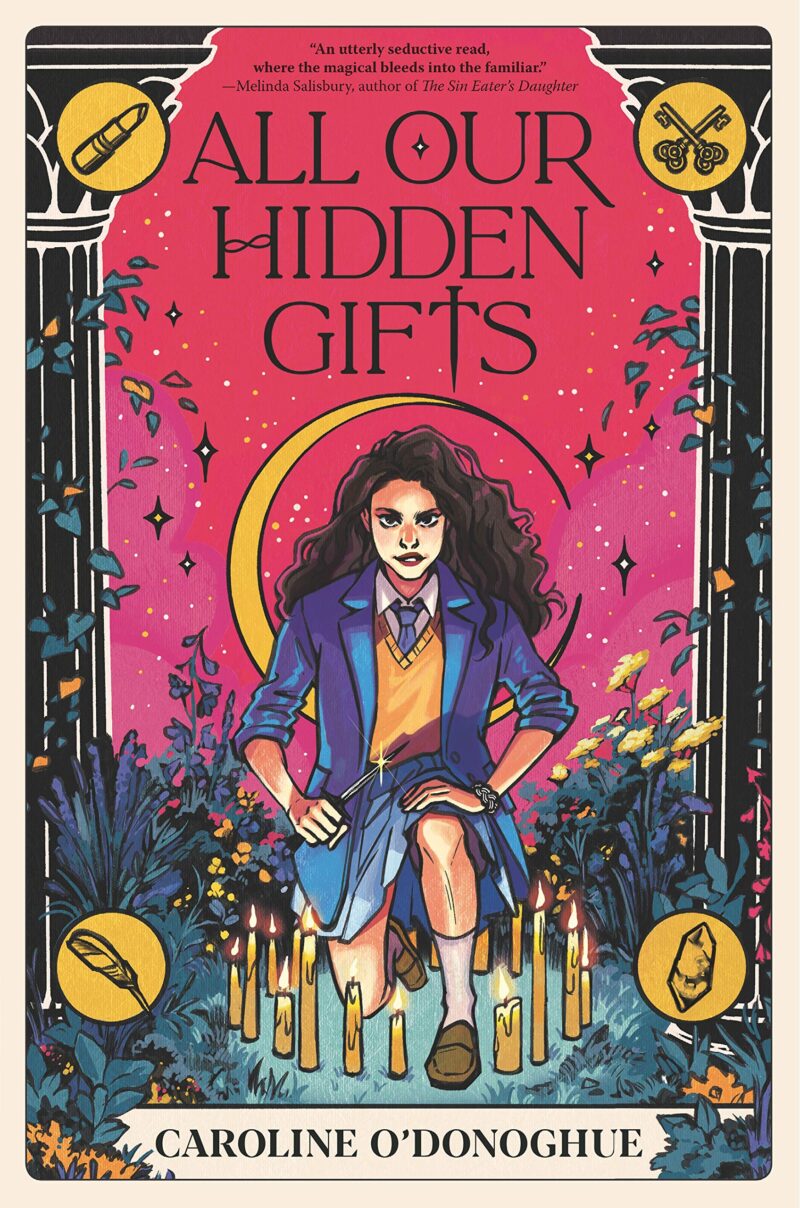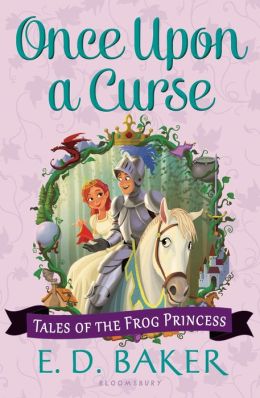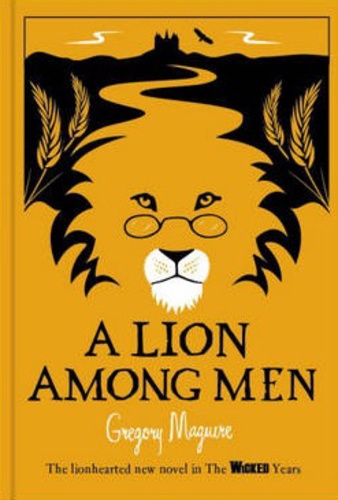[button color=”black” size=”big” link=”http://affiliates.abebooks.com/c/99844/77798/2029?u=http%3A%2F%2Fwww.abebooks.com%2Fservlet%2FSearchResults%3Fisbn%3D9780545071277″ target=”blank” ]Purchase here[/button]
I was in the backseat of my pastors car, riding home from a game of mini-golf, when the boy on the other side of the backseat told me very enthusiastically about this book. Sometimes I think it would be interesting to be in my pastors place, listening to two kids (roughly 25 years apart in age) talking like equals about a shared interest. Anyway, once I knew this book was out, I went and got it.
It is the third book of The Magician Trilogy, which also includes The Snow Spider and Emlyn’s Moon, from the Wales-based author of the Children of the Red King series (featuring Charlie Bone). And unlike Charlie Bone, Gwyn Griffiths has all his magical adventures right there in present-day Wales albeit a Wales in which that countrys ancient legends of magic are true.
One of those legends is about to replay itself in Gwyns small town of Pendewi, where his best friend Alun Lloyd lives next door to the butcher shop his father runs. When a handsome cousin with a mysterious war wound comes to stay with the Lloyd family, he brings with him mystery, menace, and a spirit of romantic rivalry that divides the three Lloyd sisters against each other. The menace aspect builds rapidly, especially after Gwyn makes a magical mistake that results in Cousin Evan being possessed by an ancient evil, the spirit of an angry prince.
Gwyns choices, and those of his friends sister Nia, become increasingly desperate as he makes mistake after mistake, discouraged in part by the magics stunting effect on his physical growth. The real sign of growth will be seen if Gwyn can save rather than destroy both the prince and the soldier.
In a way, it is sad to see a fine series like this come to an end (occult content warning notwithstanding). But one interesting thing about it is how seriously The Magician Trilogy presents the downside of magic: its difficulty, its dangerousness, its somewhat unforgiving nature, and the toll it takes on a boy who, by the end, wants nothing more than to give magic up for good. This is magic with a certain spiritual aspect, but not religious magic; it is a magic driven by the spirits of folk-tale characters, and bound to their fate. And in the long run, the fate Gwyn chooses for himself is that of an ordinary boy.




